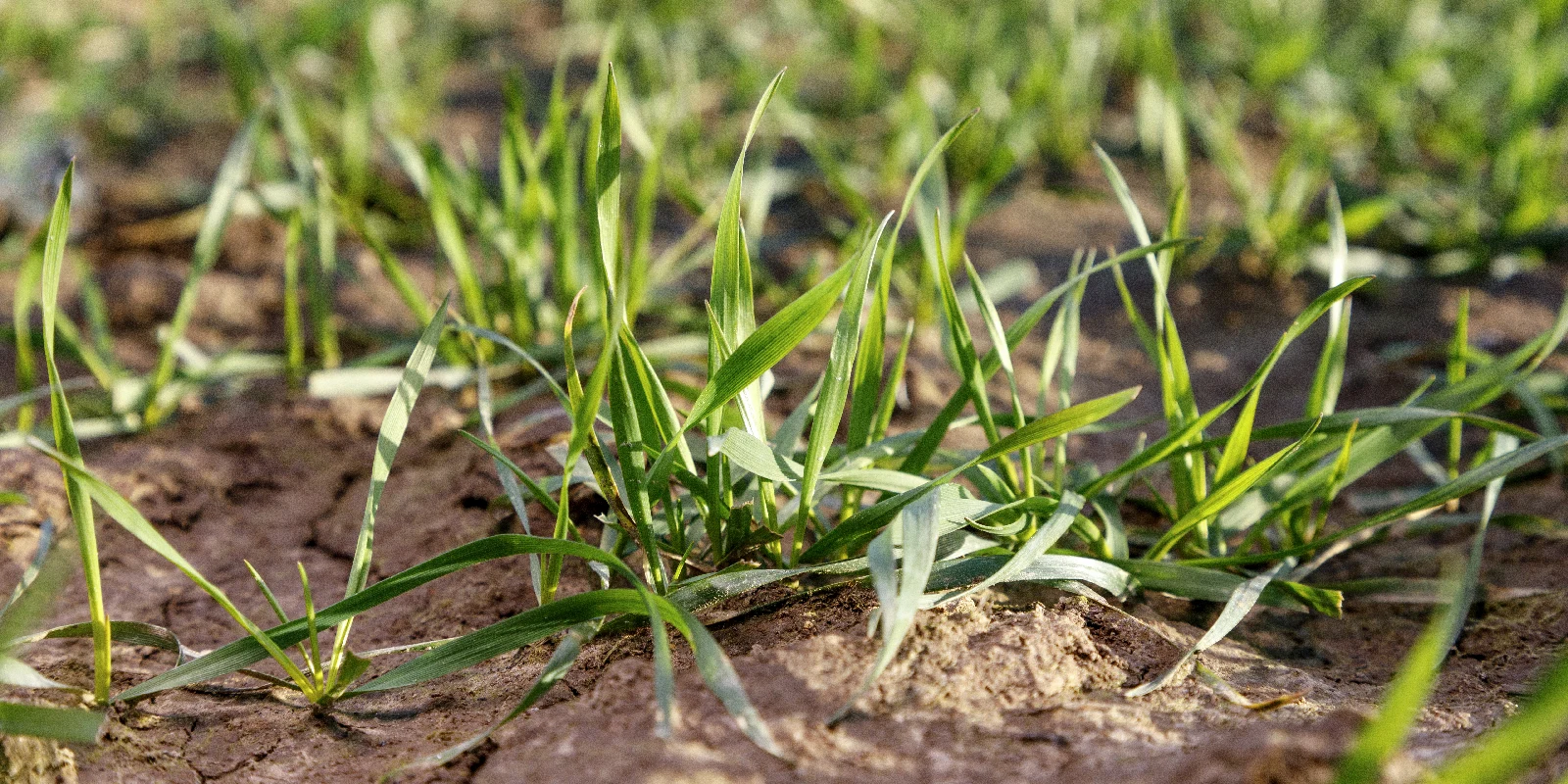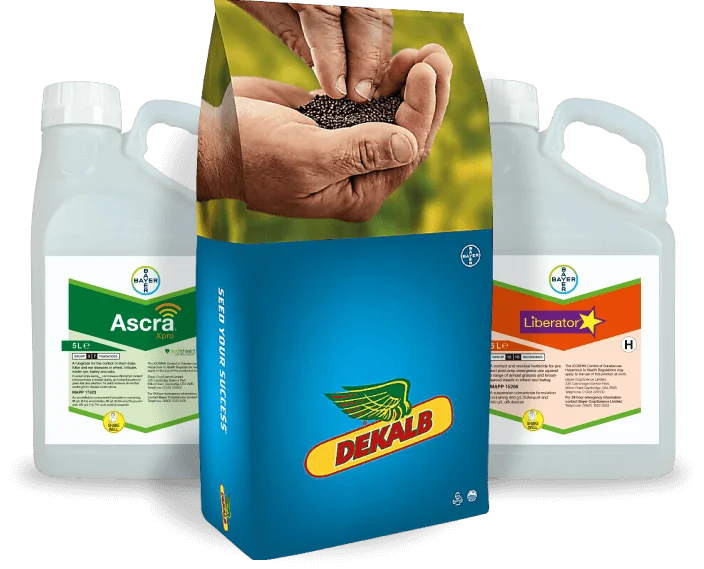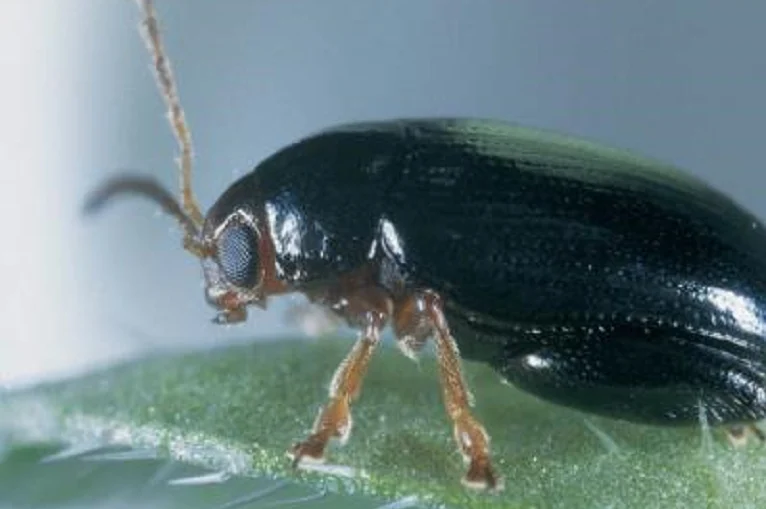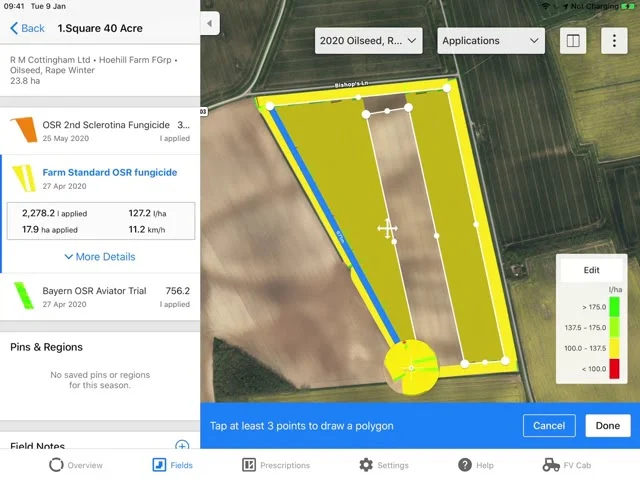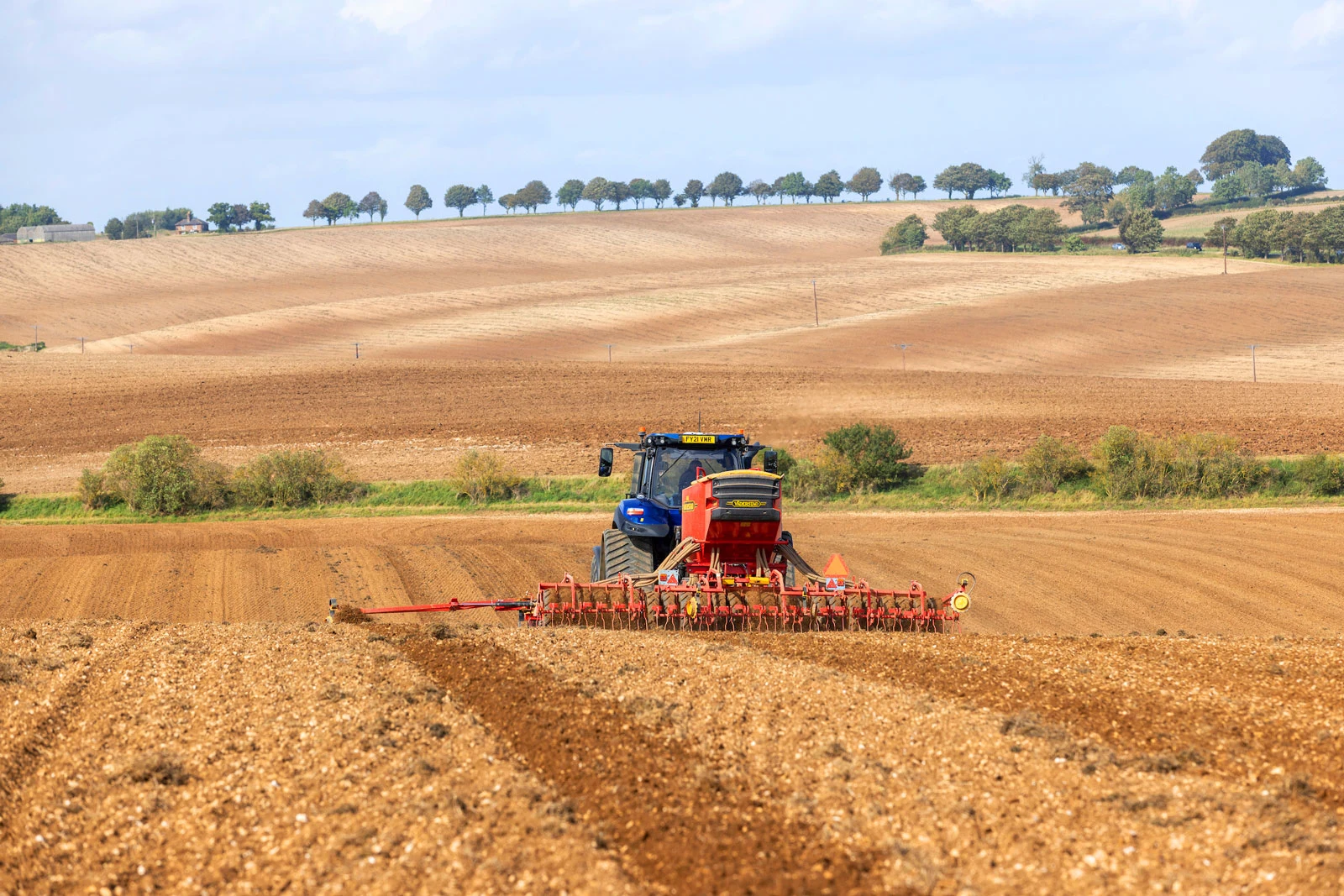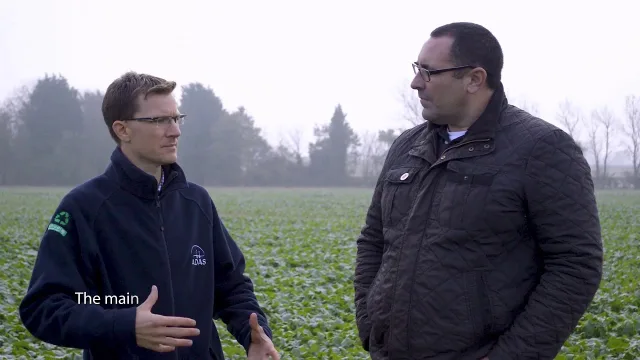Bayer has received a regulatory ‘one-two’ for its new fungicide active substance and the first product to contain it.
On Wednesday, 4th October, the Chemicals Regulation Division (CRD) of the Health & Safety Executive (HSE) approved the active substance isoflucypram and simultaneously granted authorisation for Vimoy, the first product to contain the new fungicide active substance.
Isoflucypram is the first fungicide active substance to be approved by CRD post Brexit making Britain’s growers the first in Europe – and only the second worldwide after New Zealand – to be given access to the latest innovation in disease control.
“Isoflucypram – which will be marketed as ‘Iblon’ – is a groundbreaking new fungicide that delivers unrivalled broad-spectrum activity against the main foliar diseases of wheat, including yellow rust, Septoria tritici and brown rust while providing useful activity against stem-based diseases such as eyespot,” Rosalind O’Hare, Bayer campaign manager for combinable fungicides, says.
Vimoy will be available in a co-pack with Proline (prothioconazole) called 'ion iblon’. The inclusion of Proline supports its broad-spectrum activity while adding a second mode of action to ensure sound resistance management.
The strong performance of Iblon owes much to Bayer’s rich heritage of fungicide innovation that includes active substances such as tebuconazole, prothioconazole and fluopyram.
“Bayer has drawn on more than 40 years of research and development expertise in the creation of isoflucypram. Our scientists employed a deliberate design process that skilfully integrated specific elements to create a broad-spectrum fungicide with many advantages,” Mrs O’Hare says.
“A significant factor in its performance is the N-cyclopropyl ring at the centre of molecule’s structure. This addition enhances the intrinsic activity and supports its broad-spectrum effectiveness,” she adds.
“In Septoria trials spanning 2021 and 2022 across multiple sites, Iblon was far better than either the existing standard, Ascra Xpro, or products containing Solatenol, such as Elatus Era, and on a par with both Revystar XE and Univoq,” Mrs O’Hare says.
“It has performed equally impressively against yellow rust. In a 2021 trial by the University of Nottingham it demonstrated greater curative and protectant activity than Soletanol making it the best-in-class fungicide against this unpredictable disease. Importantly, it has demonstrated strong persistent protection and curative activity against both Septoria and yellow rust and is active at all stages of the pathogen lifecycle.
“In addition to Septoria and yellow rust, Iblon also delivers excellent protection against brown rust and useful activity against both the W and R types of eyespot. In combination with Proline its activity against eyespot is further improved and its spectrum of activity extended to include Fusarium and mildew,” Mrs O’Hare says.
Bayer has also optimised Iblon to work with the outstanding Leafshield formulation used in the Xpro range of fungicides.
“Leafshield is widely respected and will install confidence in performance having been shown to support optimum efficacy,” Mrs O’Hare says.
Extended green leaf area retention
Research conducted by the University of Reading found that for every day past crop flowering that the green leaf area is maintained at 37% or above, wheat yield accumulates by up to 0.15 t/ha.
“Prolonging green leaf retention for longer has been shown to significantly benefit yield. An ADAS trial from 2019 found Iblon applied at T2 prolonged green leaf area retention above the 37% threshold for eight days over the untreated and three days over Ascra Xpro. This resulted in a yield gain of 1.31 t/ha over the untreated and 0.46 t/ha over Ascra Xpro,” Mrs O’Hare says.
The approval of Iblon has been welcomed by crop protection professionals.
ADAS researcher Jonathan Blake said the flexibility to use Iblon against either rust or Septoria depending on the season, will be appreciated by growers.
“Iblon is excellent on both yellow and brown rust and very good on Septoria,” Mr Blake says. “It is a more active SDHI on Septoria than existing standards, and the flexibility it will add to programmes will make it a valuable addition at either the T1 or T2 timing,” he adds.
Frontier Agriculture crop production technical lead Dr Paul Fogg was equally pleased with the news having seen Iblon perform strongly in trials.
“It is great to have innovation, which helps to keep the job moving forwards. What really stood out this year was that it was a season of two halves, Septoria early on and then yellow rust. The broad-spectrum activity of Iblon came to the fore as part of a programme. It is not an ‘either/or’ product. It has always performed at a good level but this year on varieties that need a high level of input, Iblon looked to be a real stand out solution for growers ahead of the 2024 season,” Dr Fogg says.
Association of Independent Crop Consultants (AICC) committee member Patrick Stephenson, who observed Iblon’s performance in treatment trials, said it would bring both efficacy and stewardship benefits to growers.
PromotedCarry on reading ...
“Iblon brings another frontline piece of chemistry to the fungicide armoury that we can utilise in disease control strategies. Its authorisation will help us maintain efficacy and provide additional protection to all our chemistry options,” Mr Stephenson says.
